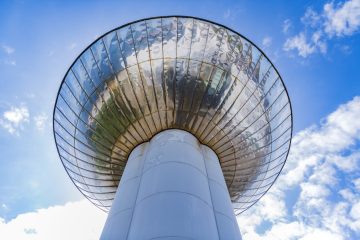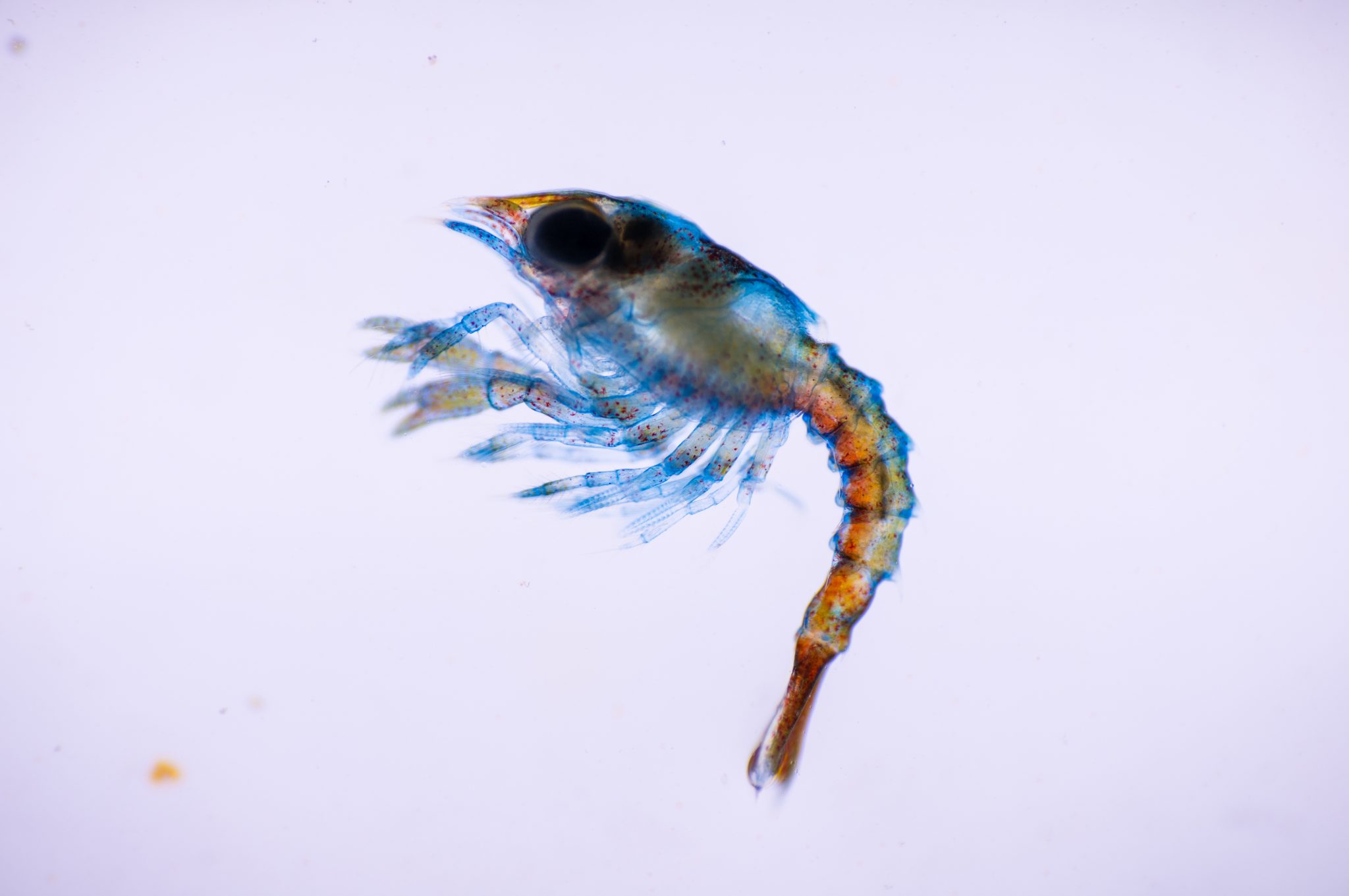
The Biological Institute Helgoland has been under the umbrella of the Alfred Wegener Institute for Polar and Marine Research Foundation since 1998.
This is caused by both regional influences, such as fisheries and changes in nutrient inputs from rivers, and global developments, in particular, of course, the increase in the average temperature of the North Sea water by 1.7°C over the last 50 years.
Our mission is therefore to study the biodiversity of the shelf sea North Sea, i.e. to better understand the functioning of the ecosystem and to explain the role of species and species communities in rapidly changing food webs.
With modern methods of long-term data collection and in close cooperation with other institutions pursuing comparable research in the North Sea area but also supra-regionally, research on Helgoland will continue to be able to make a significant contribution to analyzing ecological changes and thus provide decision-making aids for resource management and environmental policy as a whole.
We want to make our research accessible to the next generation and to the interested public. To this end, AWI has established a school laboratory where school classes can experiment on the topics of biodiversity and climate change.
With the Bluehouse, the future project of the AWI with the community of Helgoland, a new exhibition venue is being created in which the research of the Alfred Wegener Institute and coastal research in the North Sea will be presented in a vivid and exciting way.
The AWI research divers to experience up close and touch!
The scientific diving center of the Alfred Wegener Institute represents an important part of coastal and polar research at BAH. Therefore, we like to present the equipment of the scientific diver “up close” to interested visitors and thus awaken the spirit of research and diving.
Inquisitive people learn a lot about the multifaceted work under water and what it means to install sensitive e.g. measurement equipment under difficult conditions (poor visibility, low temperatures, etc.) with the appropriate equipment. You will also gain insight into essential aspects of our safety concept – the basis for any diving operation in remote regions such as the polar regions.
What makes professional scientific diving (e.g. diving with full face masks and voice communication)? Learn about the key differences from recreational diving. Find out why research diving is a sustainable method in climate impact research and an essential part of coastal research at BAH.
No matter if you are a diver or not – a visit is worthwhile in any case!
Due to the corona situation, unfortunately no guided tours are offered at the moment.

The Helgoland lobster used to be of great economic and also ecological importance for the island. For unknown reasons, the stocks declined dramatically a good 50 years ago and have not recovered to this day, despite some protective measures. In the Biological Institute Helgoland of the Alfred Wegener Institute, the life of the lobsters is researched and ways are sought to increase the natural stocks. In this way, the high biodiversity of the Helgoland rocky shelf is to be preserved. Work around the lobster will be carried out in the future by the company Reefauna.
Help for the lobster on Helgoland
Press article by Dietrich Mohaupt, Deutschlandfunk
The Institute for Bird Research “Vogelwarte Helgoland” is a non-university research institution and is subordinate to the Ministry of Science and Culture of Lower Saxony.
The IfV conducts basic research and deals with the diverse relationships between birds and their environment. The IfV is also the ringing center for northwest Germany.
The IfV was founded on 1.4.1910 within the Prussian Biological Institute on Helgoland. After moving to Wilhelmshaven due to the war, the branch office on Helgoland, the so-called island station, was reopened in 1953. It is still mainly concerned with bird migration research, especially with resting place ecology and the behavior of migratory birds.

Werner Karl Heisenberg
(* December 5, 1901 in Würzburg; † February 1, 1976 in Munich) was a German scientist and Nobel laureate who is one of the most important physicists of the 20th century. He gave the first mathematical formulation of quantum mechanics in 1925 and in 1927 formulated the Heisenberg uncertainty principle named after him, which makes one of the fundamental statements of quantum mechanics – namely, that certain measurands of a particle (such as its location and momentum) are not simultaneously determined with arbitrary precision.
Memorial stone for Werner Heisenberg on Helgoland
In June 1925, here on Helgoland, the 23-year-old Werner Heisenberg made a breakthrough in the formulation of quantum mechanics, the fundamental theory of the laws of nature in the atomic realm, which has profoundly influenced human thinking far beyond physics.